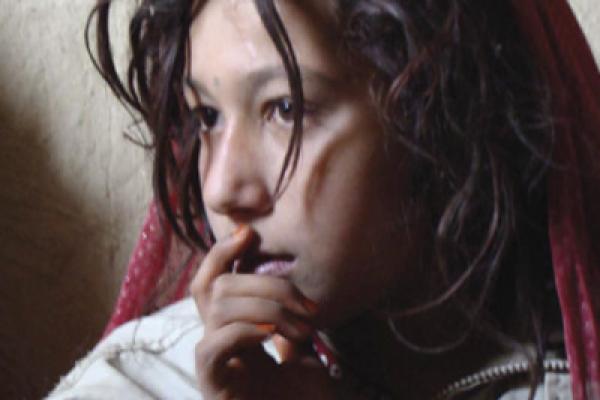In December, as the United States entered the 10th year of what President Obama called the "good war" in Afghanistan, I traveled to Kabul to take stock of the human toll of the increasingly bloody occupation.
From the moment I landed in Kabul’s airport, I noticed its distinctive smell -- a unique mix of dust, smog, and burning wood. The poor air quality, I learned, is a direct result of the wars. In an attempt to quantify the damage done by air pollution, Afghan authorities recently announced that 3,000 people die every year in Kabul due to the poor air quality, making it a more effective killer of Afghans than the Taliban. War not only destroys people, but it poisons the earth itself, which leads to more deaths.
In Kabul, it’s clear that money was secured from somewhere to surround buildings on nearly every street with enormous concrete blast walls, sandbags, razor wire, and men with AK-47s -- turning the city into a massive open-air prison. Someone decided that razor wire was a greater priority than paving roads, providing clean drinking water, or building a much-needed sewage system for the city. Ten years into the so-called "reconstruction" and even at a hotel that caters to internationals, electricity was spotty -- going out multiple times a day, sometimes for hours at a time.
Read the Full Article

